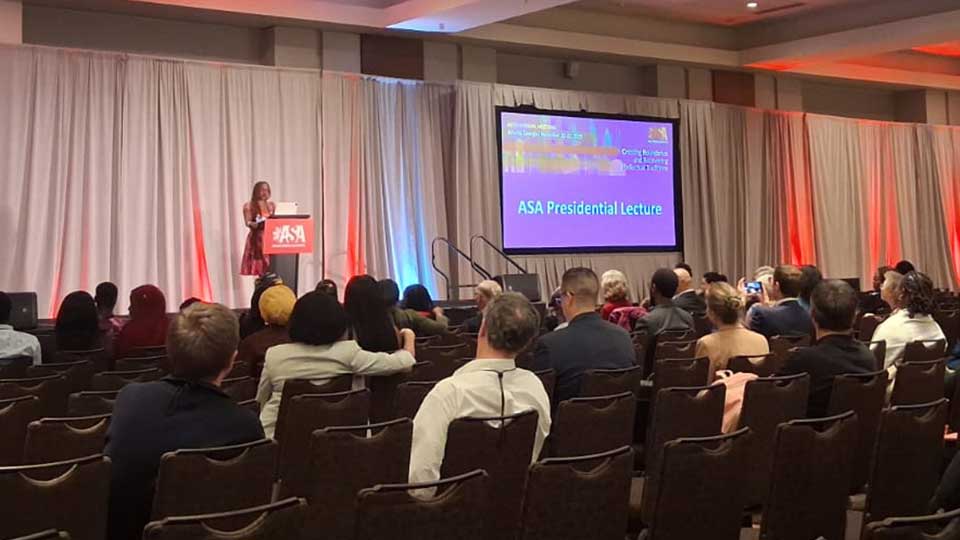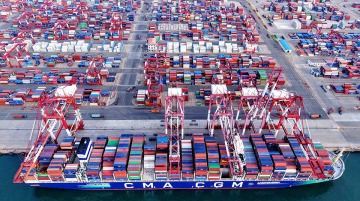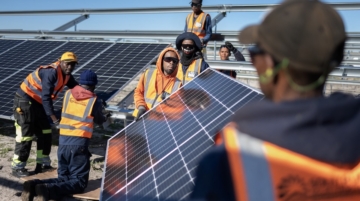
By Felix Brender 王哲謙
Some of North America’s (and perhaps the world’s) leading Africanists gathered last week in Atlanta for the African Studies Association’s Annual Meeting. As ever, China loomed large on the agenda. What was new, however, was not the topic but the tone. For the first time in a very long time, deeply critical voices were not only present but, arguably, dominant in discussions of Global China in Africa.
For years, institutions such as the Chinese in Africa/Africans in China (CA/AC) Research Network have urged us to move beyond the tired binaries: neither the “debt-trap diplomacy” bogeyman nor the euphoric hymns to South-South solidarity have ever really captured the messy, textured realities of Chinese engagement across the continent. Migration, soft power, party-to-party exchanges—these were the analytical lenses preferred by those weary of ideological shorthand.
It is true that some of Atlanta’s contributions strayed into the emotive, and a few veered perilously close to the conspiratorial. But rather than dissecting their evidentiary rigour, it is worth treating their very presence (and potential dominance) in the academic debate as data.
Notably, many of the scholars chastising China at the Annual Meeting were African, and often from institutions that, in the heat of the moment, some attendees rather ungenerously dismissed as “local universities”. For years, critical assessments of China in Africa had been waved away both in China and across Africa as Western insecurity and envy dressed up as insight. Africans themselves, so the story went, were broadly positive.
That version of the debate is increasingly difficult to sustain, if it was ever true. And Atlanta was not an outlier. Similar tones have surfaced in public lectures, policy panels, and academic gatherings across the continent and within African diasporic circles in the West. Holistically, these episodes suggest not a sudden burst of irritation but a discernible, steady shift in mood.
What we may be witnessing, then, is less a change in China’s behavior than a gradual shift towards filling in a once-empty canvas, daubed with memories of anti-colonial camaraderie, in response to ever-greater engagement by Beijing. As Chinese involvement deepens, blank spaces shrink, replacing aspirations and projections with a far more crowded landscape of actual experience.
If we are lucky, the pendulum will ultimately settle somewhere sensible in the wider academy, across Africa, China and the rest of the world, too: a less ideologically freighted, genuinely grounded appraisal of China in Africa—one that reflects African perspectives not as afterthought, but as anchor.
Felix Brender is a Project Associate at LSE IDEAS









